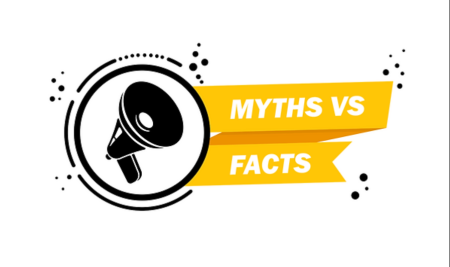Freelancing comes with freedom, flexibility, and the chance to pursue projects that genuinely interest you. However, the allure of being your boss often comes with its fair share of complexities, particularly regarding taxes. As a freelancer, you’re not just earning an income but running a business. This unique position brings about many tax challenges that, if not properly managed, can lead to significant financial stress.
For many, the maze of tax regulations and requirements is overwhelming. Understanding your tax obligations and potential pitfalls is critical to successfully navigating this landscape. Should things get out of hand, you might need to look into professional help like irs tax resolution services to get back on track.
Understanding Your Tax Obligations as a Freelancer
One of the initial issues when a person is a freelancer is the alteration of tax responsibilities. When working for an employer, your employer deducts a part of your earnings for taxes. The bad thing is that as a freelancer, you must organize this independently. This entails self-employment taxes since they are used to cater for Social Security and Medicare. Freelance income is taxable, so the IRS can demand proof of income, even if earned part-time or between freelancing jobs.
When it comes to tax filing as a freelancer, you might be surprised that you have to fill out different forms than usual. The most popular one is Schedule C (Profit or Loss from Business), filed with your Form 1040. In this one, you declare the income you receive from your business and expenses incurred. However, you must also complete the Schedule SE form to determine your self-employment tax. It is crucial to comprehend and complete these forms accurately to prevent an audit that may be sensitive to mistakes.
Managing Quarterly Estimated Taxes
Unlike traditional employees, freelancers are not subjected to having an employer deduct taxes from their income all year round. Instead, freelancers are required to pay taxes on their income every quarter as any other employee. This can be one of the most challenging tasks of freelance taxation. The IRS wants you to make a guess about your annual income and then pay the estimated taxes due four times a year. Failure to make these payments or paying less than expected will attract penalties and, thus, increase your taxes.
Computing quarterly taxes involves forecasting income, expenditures, and allowable deductions. This is where freelancers tend to get into problems. You will pay any taxes, interest, and penalties if you estimate it too low. Overestimating, on the other hand, stretches your cash flow over the entire period of the year. There is a general guideline that you should save at least a quarter to a third of your income for your taxes, although this may differ.
The best way to ensure you remember the quarterly taxes is to open a tax account whereby all taxes are paid through the account. This account should be funded each time you receive payment by transferring a portion to it. This way, you have the money set aside when it is time to pay the estimated taxes, and it helps to maintain the separation of personal and business expenses for easier bookkeeping.
Tracking and Deducting Business Expenses
Another problem with taxes for freelancers is that they have to know, which expenses can be charged off. Business deductions reduce your taxable income but the Internal Revenue Service has set down rules to the types of expenses that can be claimed. Examples of allowable expenses include such items as toner and paper, utilities if you have a home office, software subscriptions, the internet, and travelling for business. Still, all these expenses should be supported by receipts and records for tax officials should come calling as they usually do.
A major error most freelancers make is they do not keep tabs on their expenses as they work through the year. During the tax season, they end up frantically assembling receipts and statements and sometimes they miss out on some deductions that would help to lower their tax bill. Instead of this, it is advisable to use an accounting software that is made for freelancers. They can also be used to separate the expenses, keep receipts and even provide you with an idea on your financial situation to enable you identify and claim back costs easily.
What to Do When Things Get Complicated
Even in cases where you try so hard, freelance taxes may reach a level that is hard to manage on your own. Emergencies like a tax bill that cannot be paid, being a subject of an audit, or discovering that there was an error in those filings can be perplexing. In such situations, it is important to consult a professional.
Tax relief companies offer professional assistance to clients with tax problems, IRS representation, and finding the best solutions to taxpayers’ problems. No matter if you have to collect payment plan for past due taxes, get an Offer in Compromise to pay less than the amount you owe, or if you need help in an audit, tax resolution specialists can help you to deal with these troublesome conditions.
While considering tax help professionals, the firms should be experienced in handling freelance or small businesses. They will better understand that particular situations or tasks you can hardly cope with and provide you with useful recommendations on how to change the situation. Hiring expertise may appear to be expensive at first, but it will save money and anxiety in the future if such measures can avoid additional fines or lawsuits.
Conclusion
While freelancing means no more office politics and being your own boss, it comes with its own taxes issues which unless one understands them can be very challenging. Knowing your self-employment tax responsibilities, meeting quarterly estimates and tracking business expenses are all important and being organized is the key.














